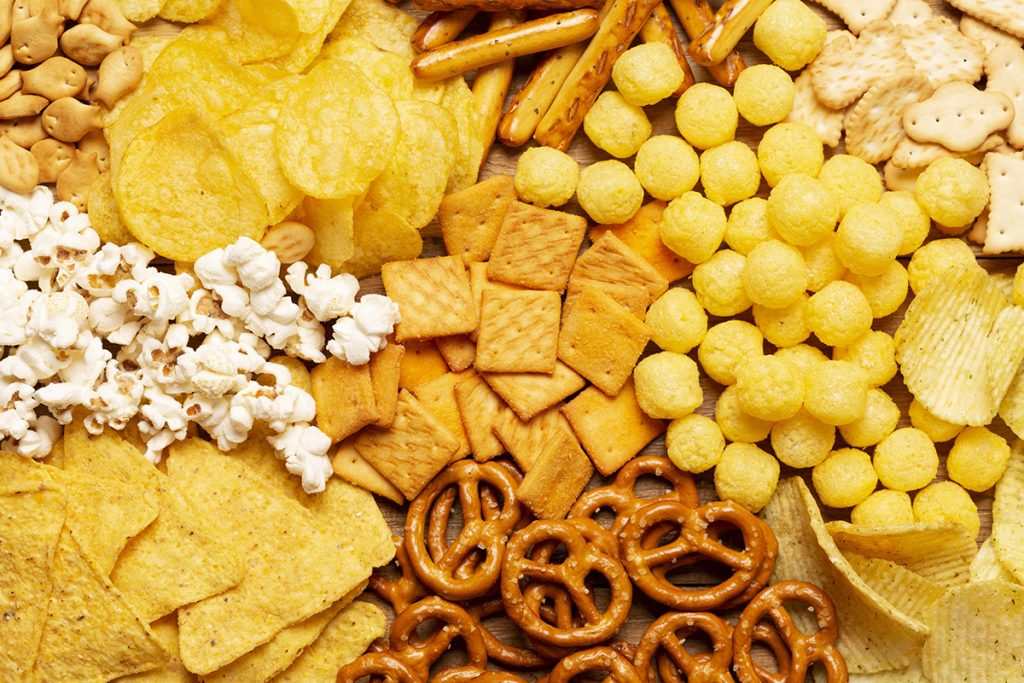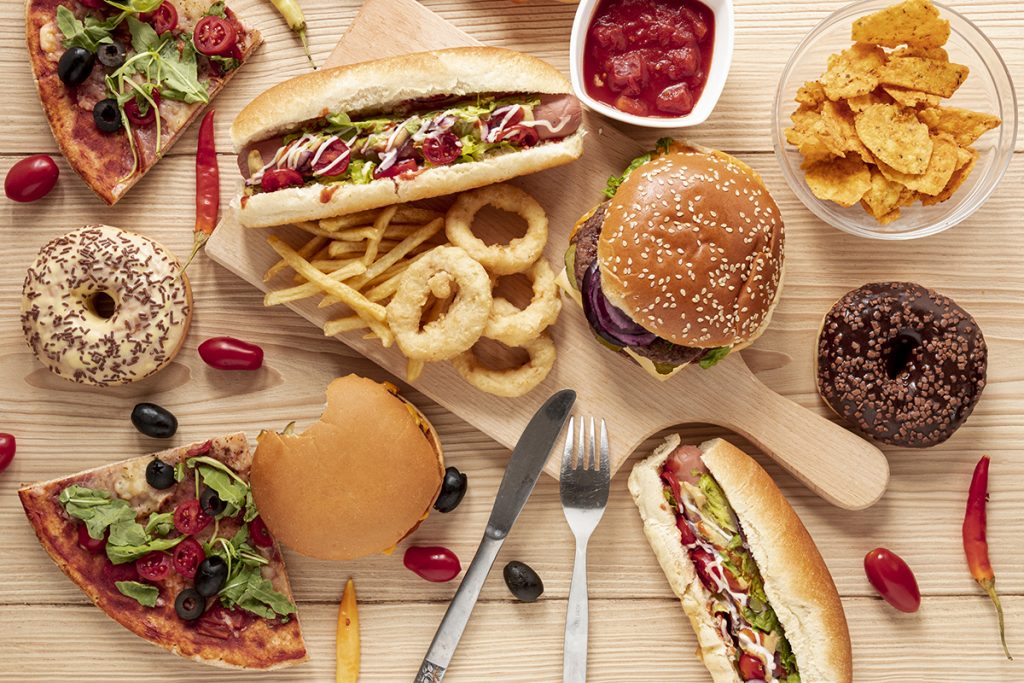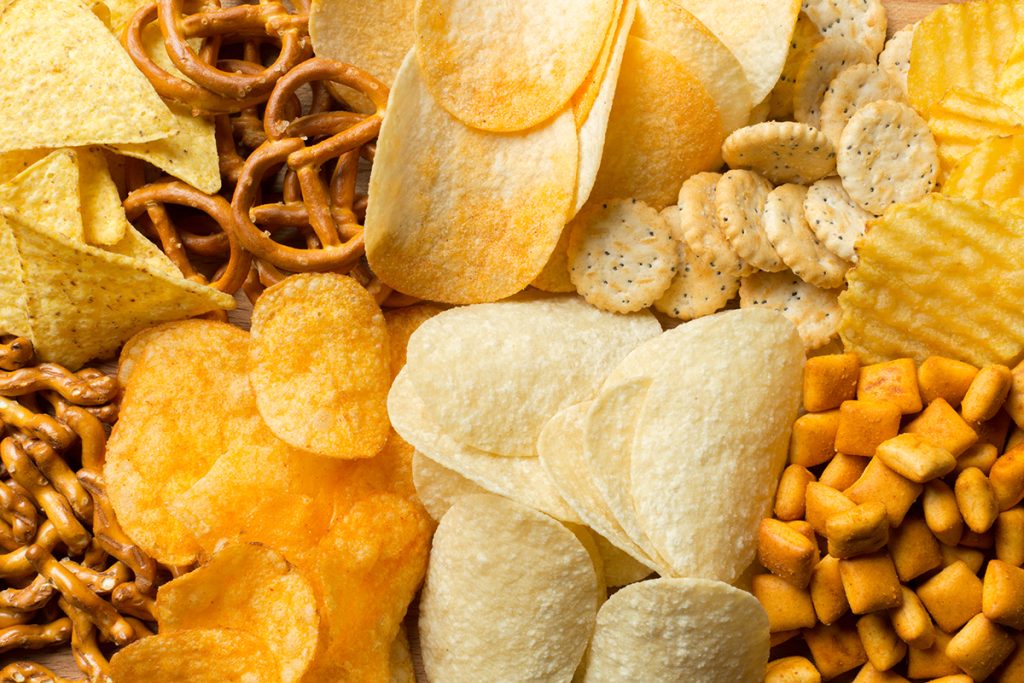Why are there so many ultra-processed food addicts?

Ultra-processed foods have become an inescapable part of our modern diet. These highly engineered, convenient, and hyper-palatable food products, such as biscuits, icecream, and fizzy drinks, are designed to appeal to our taste buds and often lead to overconsumption.
However, what is striking is how some individuals find themselves ensnared in a cycle of addiction to these ultra-processed foods, much like the grip of alcohol or cigarettes on others. This raises important questions about the effects of ultra-processed food addiction on our bodies and what can be done to break free from its allure.

The widespread addiction to ultra-processed foods
A recent study conducted by researchers from the United States, Spain, and Brazil and published in the British Medical Journal (BMJ) unveils a startling revelation: a substantial portion of the population has developed an addiction to ultra-processed foods. According to this research, approximately 14% of adults and 12% of children are afflicted by a food addiction, predominantly linked to their consumption of ultra-processed foods.
The study’s lead author, Professor Ashley Gearhardt, devised the Yale Food Addiction Scale to identify and classify food addiction. This scale employs specific criteria to evaluate an individual’s relationship with food, such as excessive consumption, loss of control over eating, cravings, continued use despite negative consequences, and withdrawal symptoms.
When someone exhibits two or more of these symptoms within a year and experiences ‘significant impairment or distress’, they are diagnosed with a food addiction.

Why ultra-processed foods are extremely addictive
What makes ultra-processed foods particularly insidious in their addictive potential is their composition. They are loaded with refined carbohydrates and added fats, making them an irresistible combination for many. Sweets and salty snacks, often laden with these elements, are specifically crafted to provide intense pleasure and drive overconsumption.
This addictive quality draws parallels with substances like alcohol and nicotine. To put this in context, around 14% of adults are addicted to alcohol, and 18% to nicotine, as cited in the BMJ study.
However, it is important to note that food addiction is not attributable to a single chemical or ingredient. Rather, it is the interaction between refined carbohydrates and fats that seems to have a profound impact on the brain’s reward system, contributing to the addictive nature of ultra-processed foods.
Furthermore, the speed at which ultra-processed foods affect the brain, coupled with the presence of additives to enhance flavor, makes these products all the more addictive.

The treatment of ultra-processed food addiction
The treatment of an ultra-processed food addiction is still in its early stages, but cognitive-behavioral therapy is one approach being explored. Additionally, potential medications like naltrexone and bupropion are being considered as tools to mitigate addiction symptoms.
However, the first step is to recognize the problem and seek help when necessary. Overcoming an ultra-processed food addiction may require a multi-faceted approach and the collaboration of healthcare professionals.
The consequences of an ultra-processed food addiction are far-reaching and concerning. They can include neural dysfunction, impulsivity, emotional dysregulation, and poorer physical and mental health. It is crucial to address this issue seriously because ultra-processed foods have now surpassed tobacco as a leading cause of premature death.

To combat the pervasive issue of an ultra-processed food addiction, experts stress the need for systemic changes, particularly through government regulation and policies designed to reduce the appeal and harm of these products. This can include measures like taxing sugary drinks and implementing warning labels to make consumers more aware of the health risks associated with ultra-processed foods.
It is important to acknowledge that not everyone is addicted to ultra-processed foods. Many people may have an unhealthy relationship with these foods, similar to individuals who are dependent on alcohol without being full-blown alcoholics. Recognizing this relationship and making conscious, informed choices about the consumption of ultra-processed foods is essential.

Why are there so many ultra-processed food addicts conclusion
In conclusion, the rise of ultra-processed foods has brought about a concerning increase in food addiction. The addictive potential of these highly engineered, readily available, and delectable products is a growing public health issue that demands attention.
Systemic changes, along with individual awareness and effort, are necessary to tackle this problem and alleviate the harmful consequences of ultra-processed food addiction in our society.




















